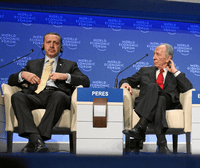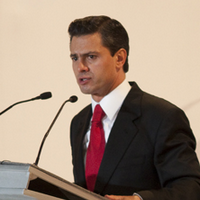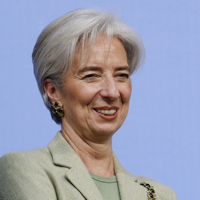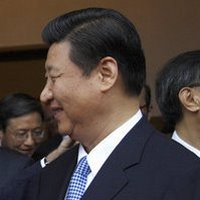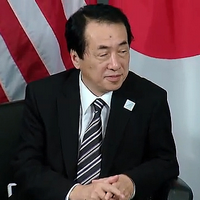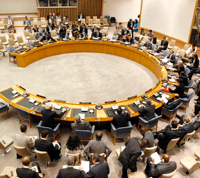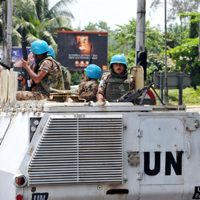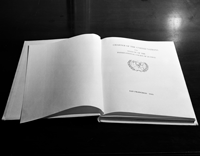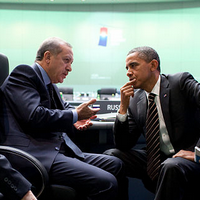
Against the backdrop of the Middle East’s ongoing upheaval, especially the violence in neighboring Syria, Turkey’s once-vaunted “zero problems” foreign policy strategy now looks severely outdated. Though Turkey will continue to seek a balanced, multivector foreign policy, the liabilities of its strategy, as illustrated in Syria, have laid bare Ankara’s continued Western moorings. The unrest in Syrian began as an extension of the Arab Spring protests earlier this year, but grew into a full-scale uprising after government security forces unleashed bloody crackdowns that have caused more than 1,400 deaths to date. Thousands of refugees have since streamed across the Turkish […]


